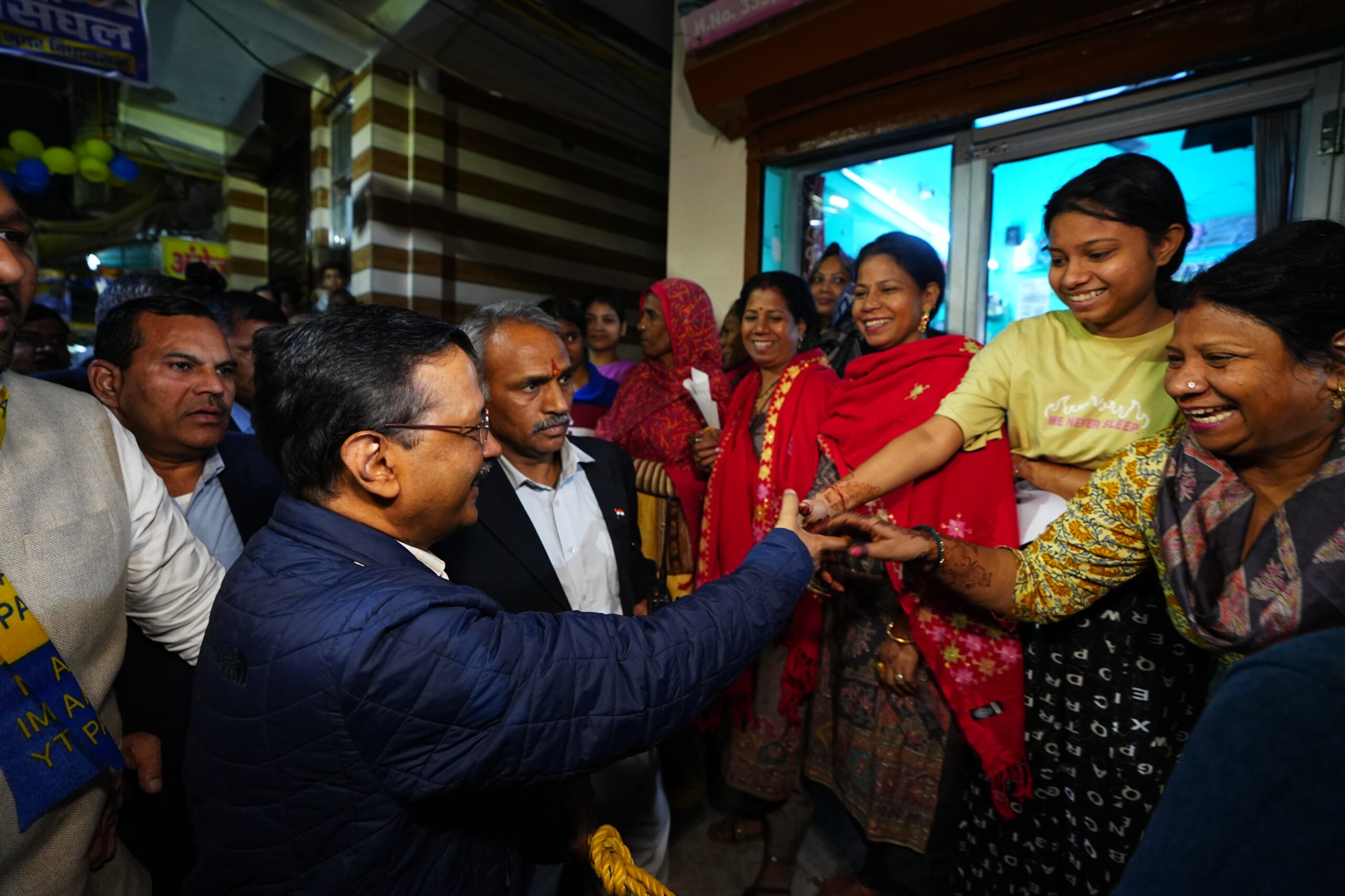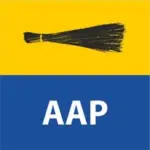In view of the Delhi Assembly elections, the Aam Aadmi Party (AAP) has devised an effective micro-campaign strategy to engage women voters. As part of this plan, AAP’s women’s wing is organising small scale meetings in all 70 constituencies of Delhi to directly interact with women and communicate the schemes which the AAP-led Delhi government has provided for women’s welfare.
To ensure the success of this campaign, AAP has formed 5,000 women’s groups, with each group comprising eight members. Each group is tasked with connecting with ten women. These groups hold three to four meetings daily. During these meetings, women are informed about the work done by Arvind Kejriwal’s government and the benefits women have received from these initiatives. They are also told about the lack of facilities for women in states governed by the BJP.
Additionally, the meetings emphasise the advantages of having an AAP-led government. Historically, AAP has been the first choice for women voters in Delhi, and the party is determined to maintain this strong support base in the upcoming elections. AAP believes that securing women’s backing is crucial to replicating the results of the 2015 and 2020 Delhi Assembly Elections.
The women’s wing also conveys the suggestions and feedback received from women during these meetings to the party’s high command.
Workers from AAP’s women’s wing are conducting meetings in every colony, neighbourhood, and street across Delhi to engage with women and explain the policies and impact of the AAP government in detail. During these meetings, women are informed about how schemes like free electricity, free water, and free bus travel have empowered them and their families.
They are also told how these initiatives save them thousands of rupees on their children’s education, basic amenities, and transportation, improving their overall quality of life. The feedback collected from these interactions is shared with senior AAP leaders to help shape the party’s strategies based on women’s input.
As part of this campaign, women are also encouraged to engage with their relatives in states like Uttar Pradesh, Bihar, Madhya Pradesh, and Haryana to know more about electricity rates and the condition of hospitals and schools in those states. AAP plans to organise over 50,000 such meetings across Delhi, ensuring direct communication with people and making sure every voter understands the development work of the AAP-led Delhi government.
AAP’s Delhi State Convenor, Gopal Rai, has stated that the government’s schemes have significantly benefited women. Free bus travel, quality education, and free healthcare collectively save women Rs 5,000 to Rs 10,000 per month, which they can use to meet other essential needs.
Gopal Rai further stated, “Additionally, the Delhi government is soon planning to provide Rs 1,000 to women every month. These measures have created a strong sense of positivity among women towards AAP. To communicate this, the party is organising small meetings through its women’s wing.”




